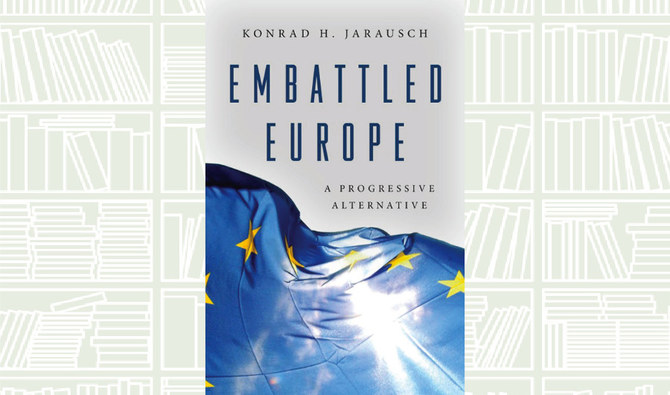Author: Konrad H. Jarausch
Is the European Union in decline? Recent history, from the debt and migration crises to Brexit, has led many observers to argue that the EU’s best days are behind it. Over the past decade, right-wing populists have come to power in Poland, Hungary, and beyond—many of them winning elections using strident anti-EU rhetoric. At the same time, Russia poses a continuing military threat, and the rise of Asia has challenged the EU’s economic power. But in Embattled Europe, renowned European historian Konrad Jarausch counters the prevailing pessimistic narrative of European obsolescence with a rousing yet realistic defense of the continent—one grounded in a fresh account of its post–1989 history and an intimate understanding of its twentieth-century horrors.
An engaging narrative and probing analysis, Embattled Europe tells the story of how the EU emerged as a model of democratic governance and balanced economic growth, adapting to changing times while retaining its value system. The book describes the EU’s admirable approach to the environment, social welfare, immigration, and global competitiveness. And it presents underappreciated European success stories—including Denmark’s transition to a green economy, Sweden’s restructuring of its welfare state, and Poland’s economic miracle.
























